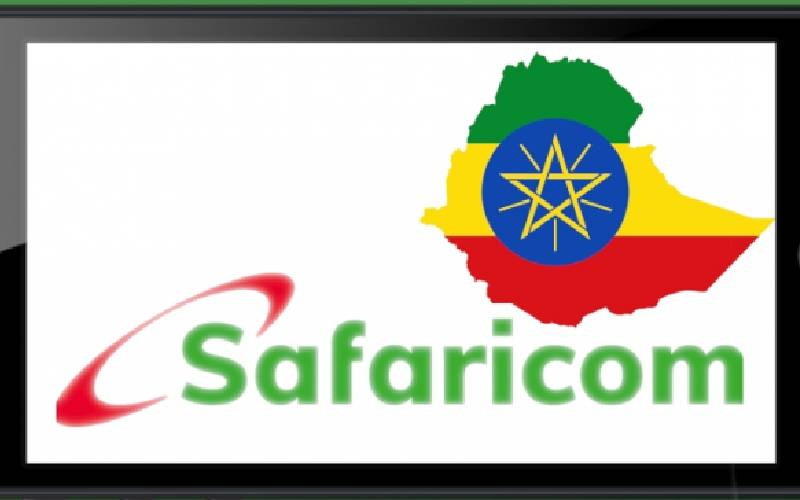×
The Standard e-Paper
Fearless, Trusted News

Safaricom is set to launch M-Pesa in Ethiopia following an announcement on Thursday evening that the Ethiopian government will grant the telco a mobile money licence.